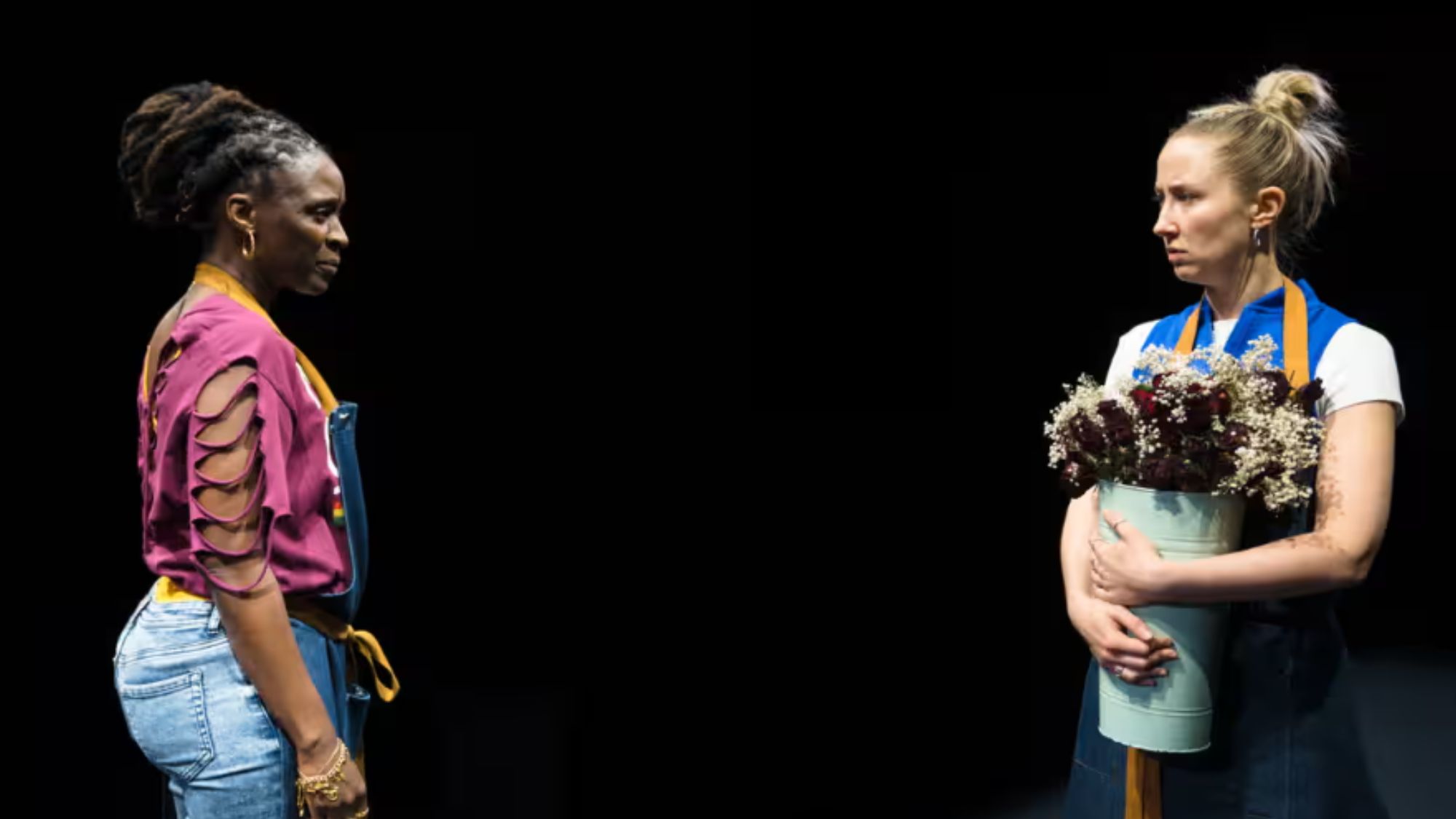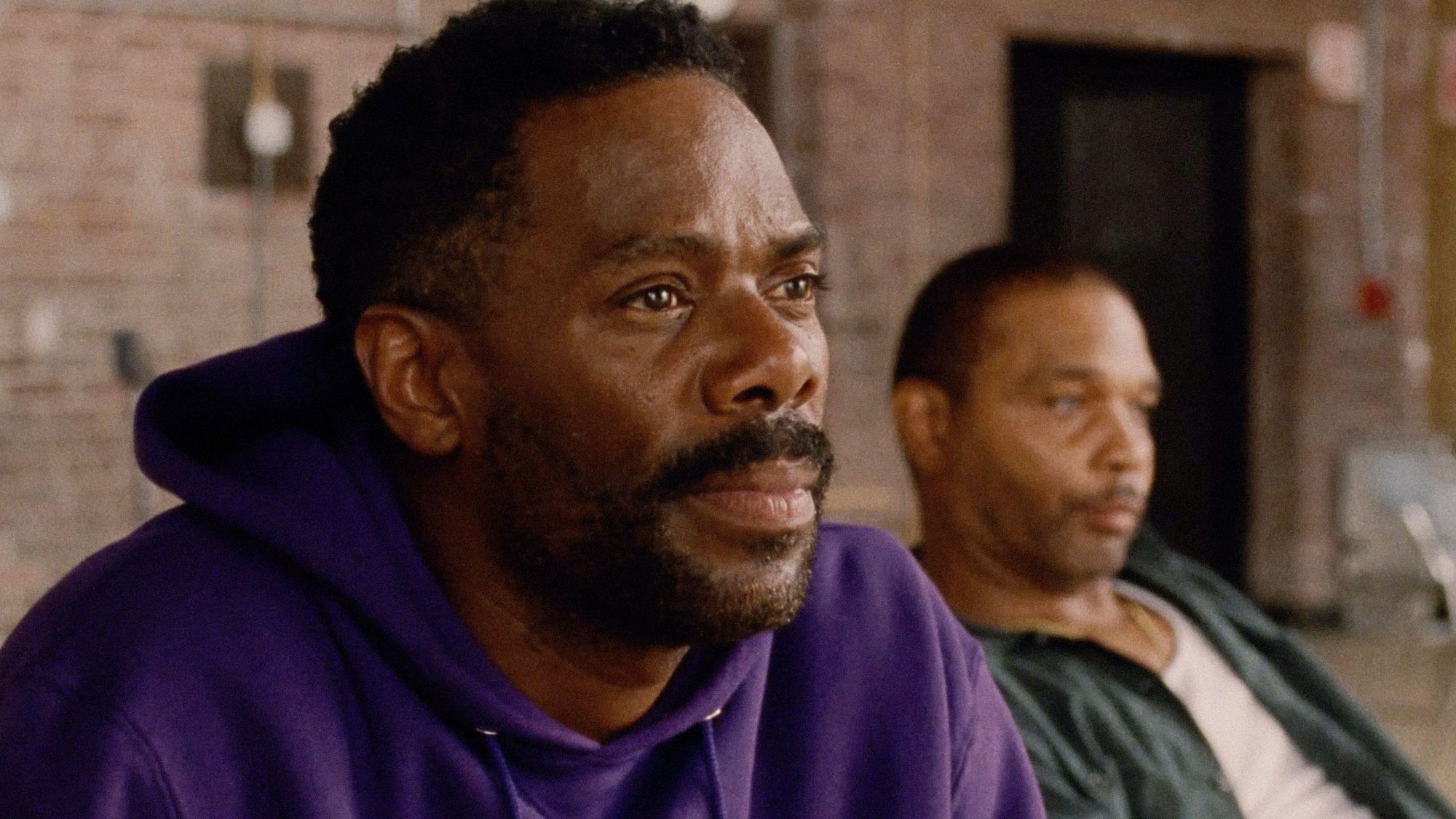Henry IV Parts I and 2 – reviews of RSC at Barbican
Sher is tremendous as Falstaff in triumphant Shakespeare double 'bursting with life'
A free daily email with the biggest news stories of the day – and the best features from TheWeek.com
You are now subscribed
Your newsletter sign-up was successful
What you need to know
The Royal Shakespeare Company's double-bill of Henry IV Parts 1 and 2 has opened at the Barbican, London. Gregory Doran directs the plays, which were first staged in Stratford-upon-Avon in April before touring the UK.
Shakespeare's plays tell the story of troubled king Henry IV, who must deal with unrest and rebellion, while his dissolute son Prince Hal frequents taverns and brothels with his roguish companion Falstaff. But as the king becomes increasingly besieged, Hal must discard his old ways and assume his position as heir to the kingdom.
The Week
Escape your echo chamber. Get the facts behind the news, plus analysis from multiple perspectives.

Sign up for The Week's Free Newsletters
From our morning news briefing to a weekly Good News Newsletter, get the best of The Week delivered directly to your inbox.
From our morning news briefing to a weekly Good News Newsletter, get the best of The Week delivered directly to your inbox.
Stars Alex Hassell as Hal and Antony Sher as Falstaff. Runs until 24 January.
What the critics like
"Rich, absorbing and pulsing with life, Gregory Doran's RSC productions of this pair of Shakespearean dramas are a triumphant achievement," says Sam Marlowe in The Times. Sher is tremendous as Falstaff, and the stagings are bursting with intricate portrayals and moments of arresting psychological acuity.
"The best Falstaffs are generally the more philosophical ones, and Antony Sher's performance falls excellently into this category," says Ian Shuttleworth in the Financial Times. Hassell's Hal, in turn, runs the full gamut from tavern capers to battlefield valour and court dedication without straining.
A free daily email with the biggest news stories of the day – and the best features from TheWeek.com
Sher's excellent Falstaff is key to the success these fast-paced productions, which are nicely contained by brilliantly versatile set designs that double as low taverns and lofty cathedrals, says Daisy Bowie-Sell in Time Out. The two plays together are illuminating – "a full, engrossing, entertaining narrative, an epic journey of friendship, betrayal, coming-of-age and kingship".
What they don't like
Doran's "diligent trawl through both parts of Henry IV" doesn't compare well to Phyllida Lloyd's recent dazzling, visceral portmanteau version at the Donmar set in a women's prison, says David Nice on the Arts Desk. This one lacks pace, has poor verse speaking and is "as tedious as a tired horse".
-
 Political cartoons for February 16
Political cartoons for February 16Cartoons Monday’s political cartoons include President's Day, a valentine from the Epstein files, and more
-
 Regent Hong Kong: a tranquil haven with a prime waterfront spot
Regent Hong Kong: a tranquil haven with a prime waterfront spotThe Week Recommends The trendy hotel recently underwent an extensive two-year revamp
-
 The problem with diagnosing profound autism
The problem with diagnosing profound autismThe Explainer Experts are reconsidering the idea of autism as a spectrum, which could impact diagnoses and policy making for the condition
-
 Friendship: 'bromance' comedy starring Paul Rudd and Tim Robinson
Friendship: 'bromance' comedy starring Paul Rudd and Tim RobinsonThe Week Recommends 'Lampooning and embracing' middle-aged male loneliness, this film is 'enjoyable and funny'
-
 The Count of Monte Cristo review: 'indecently spectacular' adaptation
The Count of Monte Cristo review: 'indecently spectacular' adaptationThe Week Recommends Dumas's classic 19th-century novel is once again given new life in this 'fast-moving' film
-
 Death of England: Closing Time review – 'bold, brash reflection on racism'
Death of England: Closing Time review – 'bold, brash reflection on racism'The Week Recommends The final part of this trilogy deftly explores rising political tensions across the country
-
 Sing Sing review: prison drama bursts with 'charm, energy and optimism'
Sing Sing review: prison drama bursts with 'charm, energy and optimism'The Week Recommends Colman Domingo plays a real-life prisoner in a performance likely to be an Oscars shoo-in
-
 Kaos review: comic retelling of Greek mythology starring Jeff Goldblum
Kaos review: comic retelling of Greek mythology starring Jeff GoldblumThe Week Recommends The new series captures audiences as it 'never takes itself too seriously'
-
 Blink Twice review: a 'stylish and savage' black comedy thriller
Blink Twice review: a 'stylish and savage' black comedy thrillerThe Week Recommends Channing Tatum and Naomi Ackie stun in this film on the hedonistic rich directed by Zoë Kravitz
-
 Shifters review: 'beautiful' new romantic comedy offers 'bittersweet tenderness'
Shifters review: 'beautiful' new romantic comedy offers 'bittersweet tenderness'The Week Recommends The 'inventive, emotionally astute writing' leaves audiences gripped throughout
-
 How to do F1: British Grand Prix 2025
How to do F1: British Grand Prix 2025The Week Recommends One of the biggest events of the motorsports calendar is back and better than ever